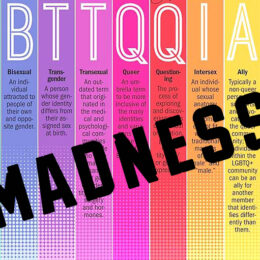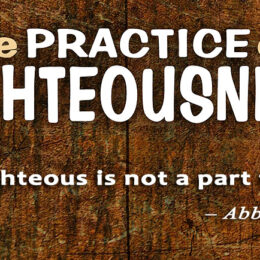townhall.comPatrick Hynes November 28, 2005
A recent report published by the National Bureau of Economic Research provides penetrating insight into the role of religion in America. Outside coverage from ABC News, however, the report hasn’t received the attention it deserves. In the report, Massachusetts Institute of Technology economist Jonathan Gruber identifies a correlation between the frequency with which a person attends church and that person’s income.
According to Gruber, a household that attends church with twice the level of frequency as another household has 9.1 percent more income. Gruber’s paper highlights some other interesting findings, according to ABC News:
That extra participation in religious activity correlates with 16 percent less welfare participation than the usual rate, 4 percent lower odds of being divorced and 4.4 percent increased chances of being married.
Gruber does not claim to have established causation through his study. He only notes the correlation.




Some of the bad reasons for the correlation: Maybe the folks with lower incomes have to work on Sunday or they do not have a good way to get to Church since in many cities mass transit does not run on Sunday. It may be thier only day to be with their children or their spouse or they just need to physically rest before they start another gruelling week. Perhaps they met with stares and cold shoulders because they couldn’t dress for success when they attended a Church somewhere.
This study does not differentiate between evangelicals, catholics, Orthodox, or mainline protestants. At the end of the article, however, the author switches gears and makes the whole are article appear as if the study completely obliterated the notion that evangelicals are poor, uneducated, and easy to control.
Unless there is a component of this study to which I am not privy, that is not what this study shows. This study shows that faith provides a great deal of benefits. However, is there a chance that large numbers of catholics, for example, are skewing the results?
We know, for example, that areas of the country in which catholics are concentrated tend to do a lot better than areas of the country where evangelicals rule the roost. Since the term ‘religious right’ is almost exclusively applied in our political parlance to evangelicals, I don’t see much here to challenge any such stereotype.